Why a Homestead Exemption?

For most Americans, their home is their most valuable asset. One of the biggest questions that any person who is considering bankruptcy or is facing mounting debts with aggressive creditors will ask is, “Will I lose my house?”
Filing a homestead exemption may provide protections from certain creditors and keep the equity in your home from being taken. A homestead exemption can protect your property’s equity from certain creditors if you file for bankruptcy or are anticipating eventual judgments in favor of those creditors. This is all within certain exemption limits and, also, with limitations of application. The limits are higher for seniors and disabled homeowners.
The home being protected must be the homeowner’s primary residence for all purposes.
As of April 1, 2019, California allows for the following pursuant to Code of Civil Procedure §§ 704.710, 704.720, and 704.730:
- If the homeowner is single and not disabled, then the homeowner may be legally exempt up to $75,000 of equity accrued in the home. This amount increases to $100,000 if the homeowner is married.
- If the homeowner is 65 years old or older, then the homeowner may be exempt up to $175,000. Or, this exemption amount may apply if the homeowner is at least 55 years old and has low income and creditors are forcing the sale of the home.
As it relates to bankruptcy law, the exemption applies to Chapter 7 and Chapter 13 bankruptcies. Depending on how much equity may exist beyond the applicable exemption amount, a trustee may still decide to sell your property. Talk to an attorney for details.
An important caveat with homestead exemptions is the following:
- If your home is being foreclosed upon by a mortgage lender or bank, a homestead exemption will not protect your equity.
- If the homeowner has a judgment against him/her for marital support, child support or if the property has a mechanic’s liens, then a homestead exemption will not offer protection.
In short, homestead exemptions offer protections from certain creditors or can protect equity in the case of an eventual bankruptcy.
A homeowner should consult with his or her attorney and tax planning professional to discuss the filing of a homestead exemption.
By: Steven E. Alfieris, Esq.

For the general public: This Blog/Web Site is made available by the law firm publisher, Dias Law Firm, Inc., for educational purposes. It provides general information and a general understanding of the law, but does not provide specific legal advice. By using this site, commenting on posts, or sending inquiries through the site or contact email, you confirm that there is no attorney-client relationship between you and the Blog/Web Site publisher. The Blog/Web Site should not be used as a substitute for competent legal advice from a licensed attorney in your jurisdiction.
For attorneys: This Blog/Web Site is informational in nature and is not a substitute for legal research or a consultation on specific matters pertaining to your clients. Due to the dynamic nature of legal doctrines, what might be accurate one day may be inaccurate the next. As such, the contents of this blog must not be relied upon as a basis for arguments to a court or for your advice to clients without, again, further research or a consultation with our professionals.
Photo 34881726 © Luckydoor - Dreamstime.com

